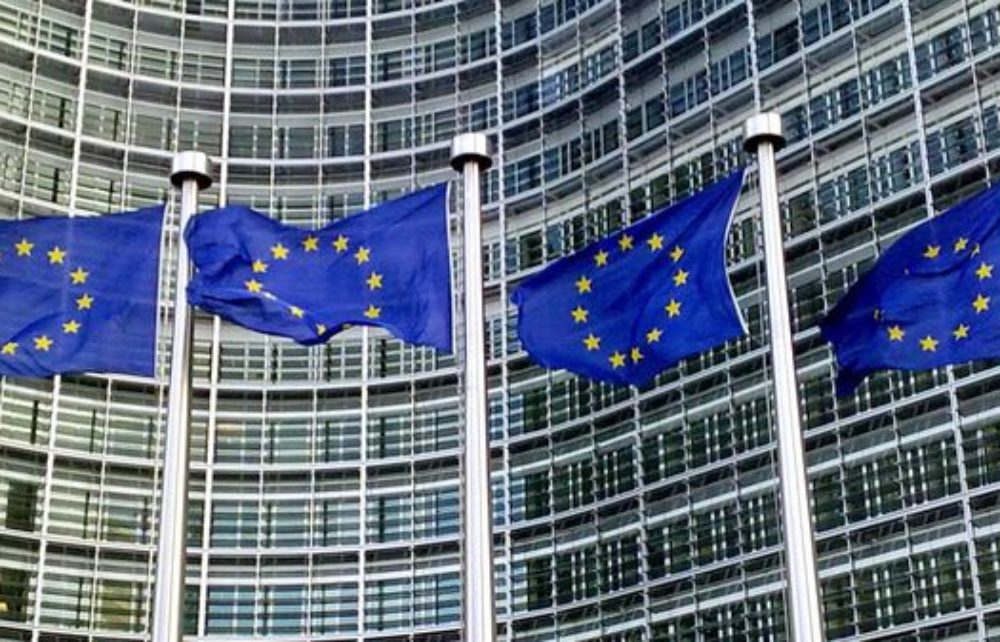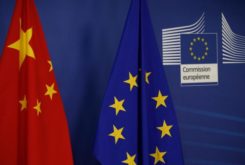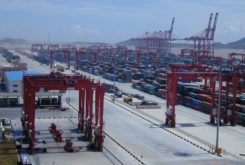The EU’s new Indo-Pacific strategy remains primarily an economic security exercise and will face a “tough task to increase its influence in the Indo-Pacific”, according to MERICS Institute.
The European Commission published the EU’s Indo-Pacific Strategy on September 16. The policy signals the vision for the EU’s role in the region that is vital to both the US and China, but, “as the security tensions rise, the bloc is likely to face a tough task to increase its influence in the Indo-Pacific”, MERICS adds.
“The bloc aims to support the region’s stability to maintain resilient supply chains and to challenge China’s growing influence in connectivity and standard setting. However, the EU’s position in the region remains constrained by its limited power projection and member states’ reluctance to take a clear position on regional tensions”, the Germany-based institute says in a new analysis of the EU’s strategy.
The EU’s approach towards the region focuses on sustainable green and digital transition, connectivity and ocean governance as well as regional and human security. The strategy puts emphasis on the EU’s normative and economic capabilities with plans to cooperate closely with like-minded countries.
The bloc plans to develop digital partnerships with Japan, South Korea and Singapore, work with the Quad on tech, climate change and vaccines and establish resilient semiconductors supply chains. The document argues for increasing trade and investment cooperation with Taiwan, but doesn’t invoke the Bilateral Investment Agreement.
“The EU plans to engage China as part of its Indo-Pacific strategy. However, the strategy also points to the challenge of regional stability posed by China’s military build-up”, MERICS says. “The document advocates to stabilize tensions in the South China Sea and the Taiwan Strait which it describes as a challenge to the European “security and prosperity”, it adds.
“More Ambition” Needed From China Towards Comprehensive Investment Agreement, EU Says
The Council of the European Union and the European Parliament have recently been discussing their positions on the EU’s China policy. “The outcomes indicate that the current EU’s attitude towards China remains ambivalent”, according to MERICS. The European External Action Service is also working on its assessment of the EU’s China policy, which is expected ahead of an informal European Council discussion on China policy in early October.
“As this fall begins, the EU’s calendar is filled with events on its China policy, but it continues to struggle to form a clear and united message on its strategic priorities towards China. During the first half of the year, decision makers have frequently called for increasing assertiveness, imposing sanctions and boosting transatlantic cooperation vis-à-vis China. Now this sentiment seems to be somewhat tempered”, according to MERICS.
The European capitals and Brussels have growing interest in unblocking the channels of communication with Beijing, especially in the aftermath of the Afghanistan withdrawal, the institute adds: “while the upcoming China policy reassessments by the Commission and the Council offer a platform for revisions, the EU is likely to remain committed to a multi-faceted approach of balancing between assertiveness and engagement with China”.




